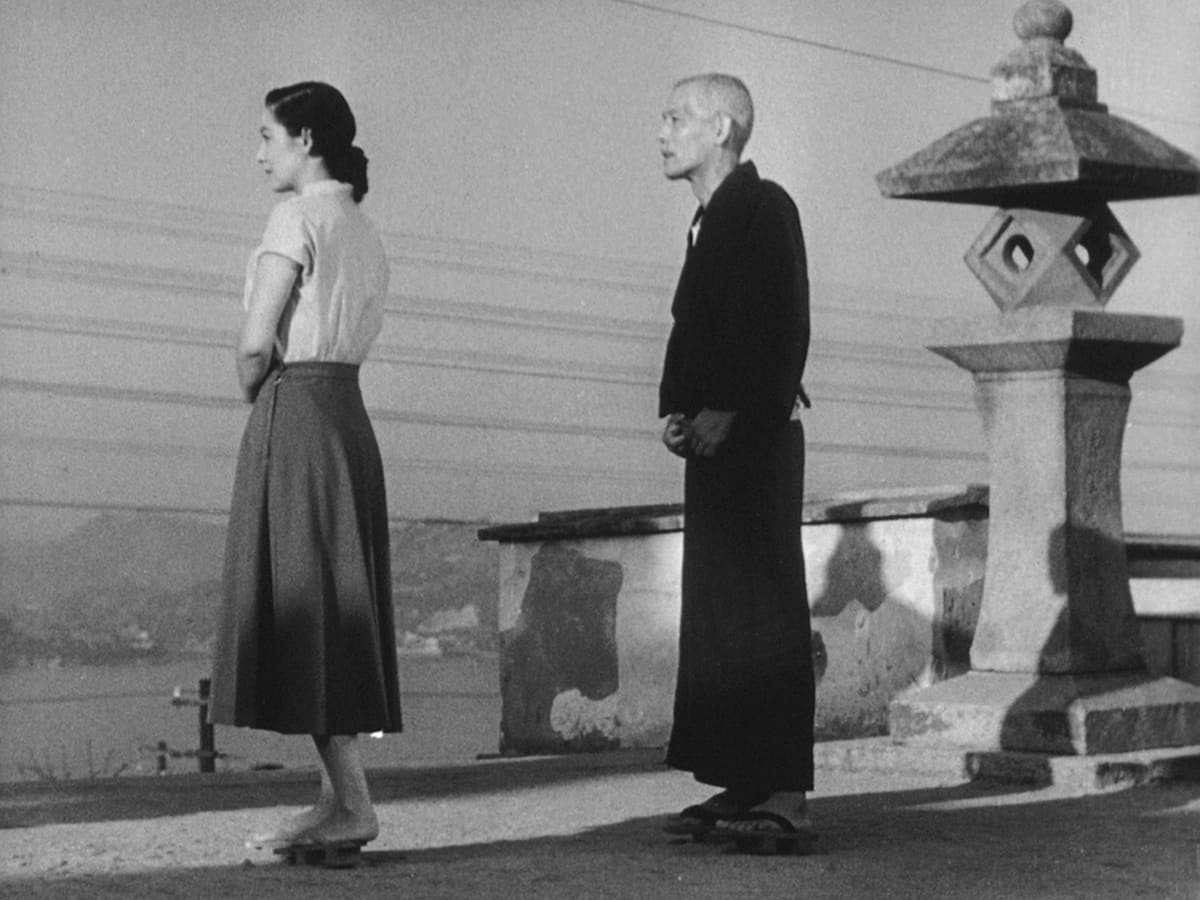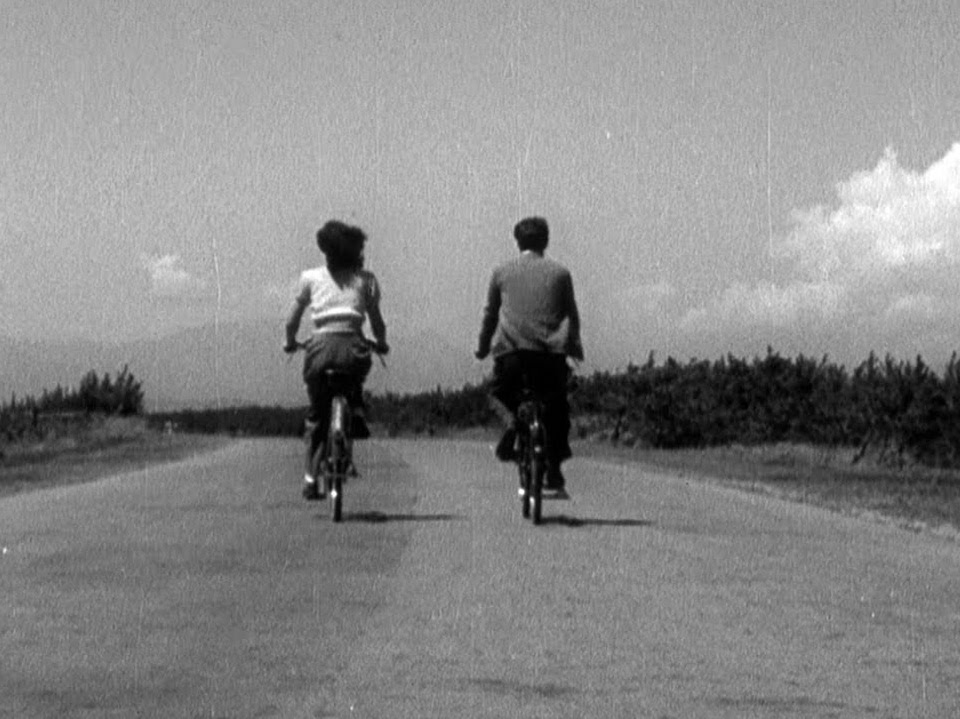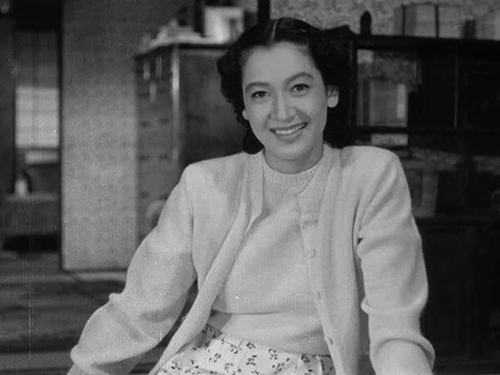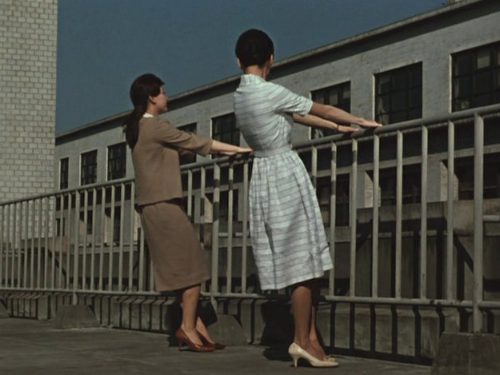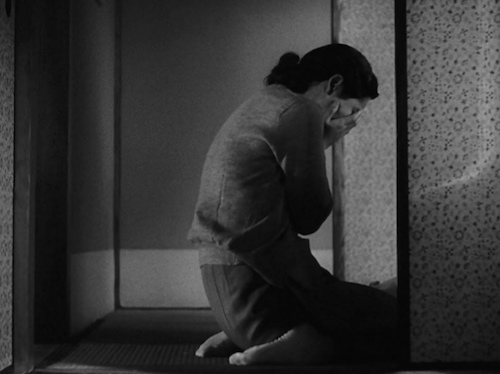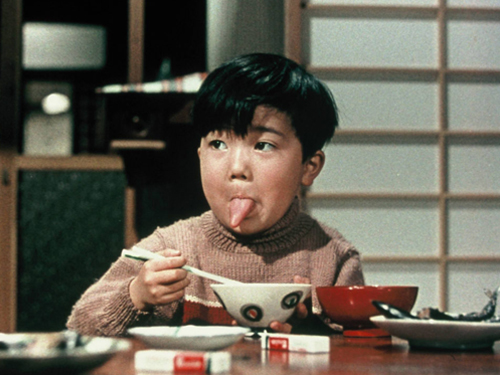Yasujirô Ozu
Yasujirō Ozu (1903-1963) was a Japanese filmmaker and screenwriter. He developed the shomin-geki, “the drama of ordinary people”, a genre focusing on the family life of the Japanese lower middle class. He began his career in the era of silent film and built up a reputation with comedies such as Daigaku wa deta keredo [I Graduated, But...] (1929) and Umarete wa mita keredo [I Was Born, But...] (1932). 1947 was the start of Nagaya shinshi roku [The Record of a Tenement Gentleman], a series of films in which a concern for post-war conditions went hand in hand with further stylistic refinement. Plot was more or less eliminated, while character studies predominated. Ozu’s films are characterized by static shots, with the camera about 70 centimetres above the ground. His best-known and most celebrated films include Banshun [Late Spring] (1949), Bakushu [Early Summer] (1951), O-chazuke no aji [The Flavour of Green Tea over Rice] (1952), Tōkyō monogatari [Tokyo Story] (1953) and Sōshun [Early Spring] (1956).



